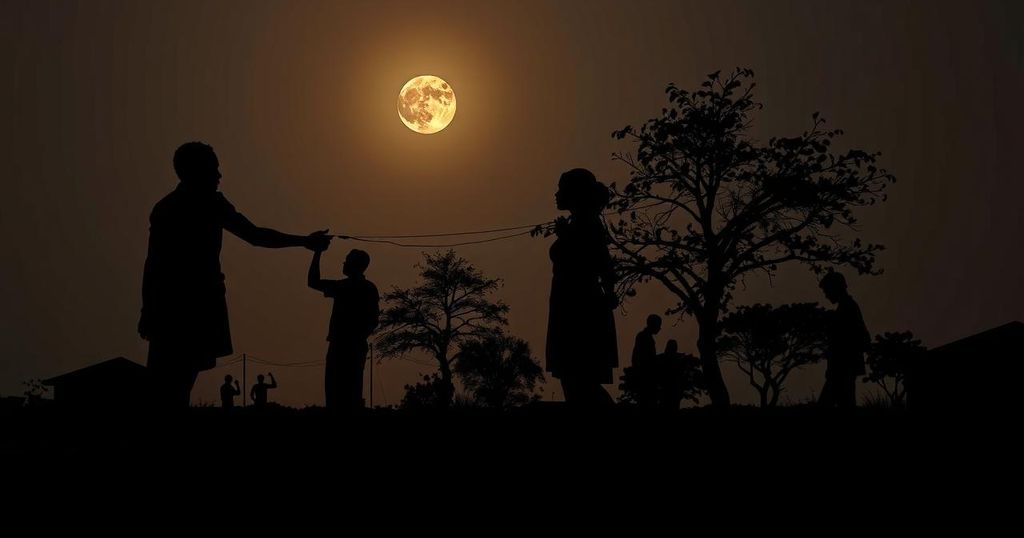Repatriation of Remains: South African Families Honor Fallen Activists in Zimbabwe
Summary
Families of South African political activists who died in exile in Zimbabwe are traveling to repatriate their remains. The South African government is facilitating the exhumation process, with events planned to honor and celebrate the lives of these liberation heroes during Heritage Month. This effort aims to provide closure to the families affected by the loss of their loved ones.
Several families from South Africa, whose relatives were political activists that fled their homeland and subsequently passed away in Zimbabwe, have journeyed to the neighboring nation to conduct rituals for the exhumation and repatriation of their loved ones’ remains. The South African government, through its departments of Sport, Arts and Culture; Justice and Constitutional Development; and Defence and Military Veterans, is organizing an event to welcome the remains of these activists who died in Zimbabwe. In a media advisory issued by the Government Communication and Information Systems, it was announced that on September 25, the government would formally receive the remains of former liberation heroes and heroines who had died in exile, particularly in Zimbabwe and Zambia. The event is scheduled to take place at Hanger 10, Waterkloof Air Force Base. Following this event, a homecoming ceremony and the introduction of a country-to-country repatriation model are slated for the following week at Freedom Park in Tshwane. This ceremony is to be held in conjunction with this year’s Heritage Month theme, which focuses on “Celebrating the lives of our heroes and heroines who laid down their lives for our freedom.” Catherine Zikalala, a family representative, spoke to SABC News in Zimbabwe while she was there to collect the remains of her relative, Edna Nomakosazana Mgabaza. Mgabaza, born in 1922 and deceased in 1987, was a nurse who had worked in Zambia before relocating to Zimbabwe, where she eventually passed away. Zikalala shared that Mgabaza assisted South African freedom fighters during their struggle for liberation. “She was a nurse who was recruited to come and work in Zambia, so she came in the mid-60s. She was based in Zambia,” Zikalala recounted. She further detailed that Mgabaza had cared for Duma Nokwe, a significant figure in the African National Congress, in his final moments before moving to Harare. Zikalala expressed gratitude toward the South African government for initiating the exhumation and repatriation process, emphasizing the importance of bringing back the remains as a means of achieving closure for the families affected by the long-standing separation. “Once we bring their remains back home, we have closure. We are grateful to the government for having taken this step; it has been in the pipeline for the past five years,” she remarked.
The initiative to exhume and repatriate the remains of South African political activists who died in exile, particularly those who resided in Zimbabwe, has been developed as a means of honoring their sacrifices during the anti-apartheid struggle. These activists played crucial roles in the liberation movement, often working in difficult and dangerous conditions beyond South Africa’s borders. The South African government has taken steps to facilitate this repatriation, recognizing the need for families to have closure and to honor the legacies of those who fought for freedom. The program also coincides with South Africa’s Heritage Month, underscoring the significance of remembering and celebrating the contributions of these heroes and heroines.
In summary, the South African government is facilitating the exhumation and repatriation of political activists who died in exile in Zimbabwe, providing families a chance for closure and honoring those who fought for liberation. The process is part of a broader recognition of the sacrifices made during the anti-apartheid movement and is aligned with Heritage Month celebrations, highlighting the importance of remembering historical figures and their contributions to freedom.
Original Source: www.newzimbabwe.com








Post Comment